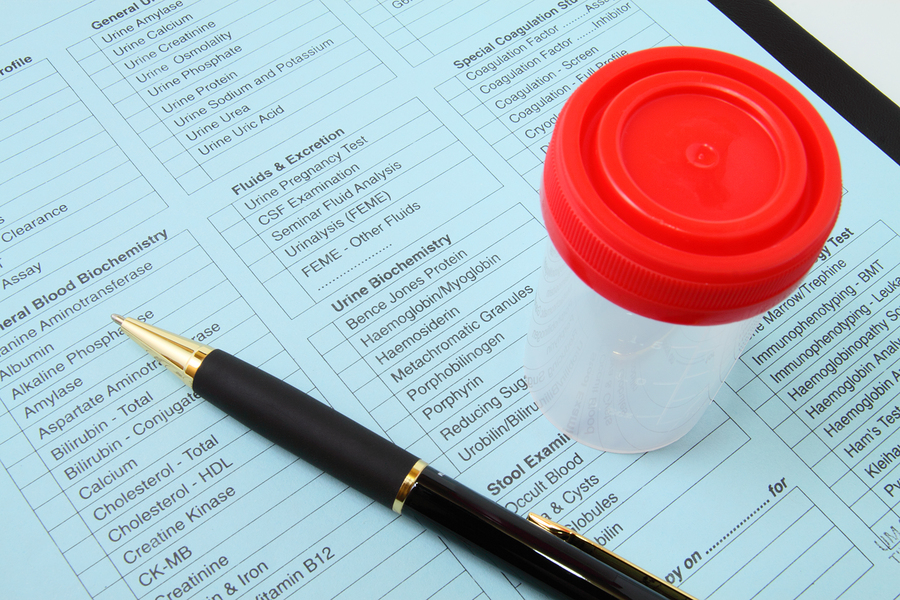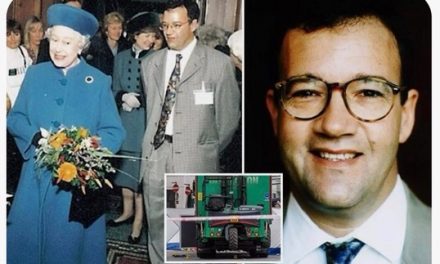In late 2015, Elizabeth Moreno had back surgery and her surgeon prescribed an opioid painkiller. The painkiller wasn’t out of the norm, especially for short-term use. The follow-up drug test he ordered seemed a bit odd but she didn’t think a thing of it until she got a bill a year later from Sunset Labs, LLC asking for over $17,000. (Sunset Labs is part of a network of pain clinics and other medical businesses founded by Houston anesthesiologist Phillip C. Phan and according to court records, Phan’s companies also own the facility where Moreno had her operation.)
RELATED STORY:
The price was so high because the Houston lab had tested her urine sample for a wide array of both legal and illegal drugs, many of which, Moreno had never heard of or taken:
$4,675 to check her urine for a number of different types of opioids
$2,975 for benzodiazepines (drugs that treat anxiety)
$1,700 for amphetamines
$1,275 to detect cocaine, marijuana, and phencyclidine (an illegal hallucinogenic drug also known as PCP or angel dust)
$850 to test for buprenorphine, a drug used to treat opioid addiction
And lastly, an $850 fee for two tests to verify that nobody had tampered with her urine specimen
She was shocked. She says, “I was totally confused. I didn’t know how I was going to pay this.” (Moreno, 30, who is finishing a degree in education at Texas State University in San Marcos, is pregnant with twins and decidedly not a drug addict.) Thankfully her father, Dr. Paul Davis, was visiting when she received the bill. He immediately paid the bill, worried it would ruin his daughter’s credit score.
RELATED STORY:
When he requested a full explanation of the charges, the lab ignored him. So, when he filed a formal complaint with the Texas attorney general’s office he included a copy of the bill and accused the lab of “price gouging of staggering proportions.”1 He also named the Houston surgeon who had ordered the expensive, and unnecessary test, as Dr. Stephen Esses (when asked for a comment, his office declined).
But, James Quiggle, communications director of the Coalition Against Insurance Fraud, says bills like this “straddle a fine line between abuse and outright fraud.”3 And three other experts agreed, saying that there was little need for the tests and that the lab had “grossly overcharged,”4 but the lab disagreed saying their billings were “in line with the charges of competing out-of-network labs in the geographical area.”5
But the lab isn’t the only problem Phan has:
“In a pair of lawsuits filed in 2015, three doctors seeking to quit working at pain clinics operated by Phan accused the facilities of improper billing practices, including unnecessary urine testing. The doctors said they feared losing their medical licenses unless they severed their ties.”6












